By Shafeeq Hudawi, TwoCircles.net
The world of activism cannot function within boundaries, and for Kannur resident Rupesh Kumar, this statement is apt: he is a filmmaker, academic, writer, journalist and orator. But all these abilities are channelled towards just one cause: fighting against casteism, which often shows its ugly face in all strands of social life.
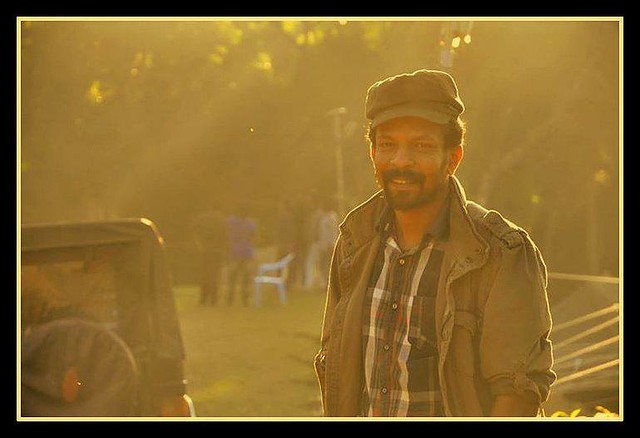
“Fight against discrimination needs activists. Some shout slogans, some extend physical fight, but I opt to fight with visuals, pictures and words. By getting engaged in this kind of activism, I am able to express my solidarity to all forms of fight against casteism and fascism,”says Rupesh, in a conversation with Twocircles.net.
Rupesh’s recent documentary ‘Don’t Be Our Fathers’ sheds light to the hypocrisy of the patriarchal caste oppressors. “In fact, Dalits need no patrons to get empowered. Empowerment is an organic thing,” Rupesh says sharing his personal experiences, in which he came across what he called the “irritating advises of the upper caste”. “They think we need their feet to walk. We have no crisis and we will shape our own politics and our own development,” he says. “Unlike them, life is not crisis ridden for Dalits as we have got rid of the rigidity of caste biases. We are free,” he says. He also pointed out that there was casteism even in the basic forms of communication.
“When I attended discussions, I would often be introduced as a Dalit academic or a Dalit activist. However, this question would never be asked to participants from other castes. This points fingers to a casteist lenient attitude of the society
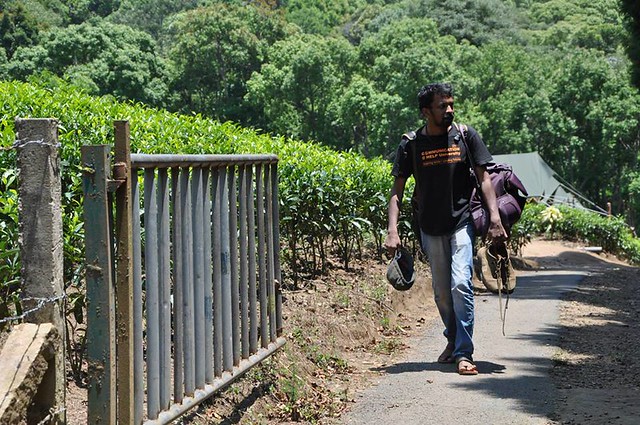
Rupesh was born and brought up in a village Peringeel, which was among the typical party villages, controlled by CPM. “When I completed my graduation, some of the party men advised me that I shouldn’t go for post graduation in journalism. I completed post graduation by my own efforts and I knew my choices and merits better. Dalits often come through a kind of mental torturing from these men, who pretend to be the caste oppressors,” he says.
Rupesh completed MA in English Literature from Kannur University after graduating from Payyannur Government College in English Literature. He also did his post graduation in Mass Communication and Journalism from Kerala University.
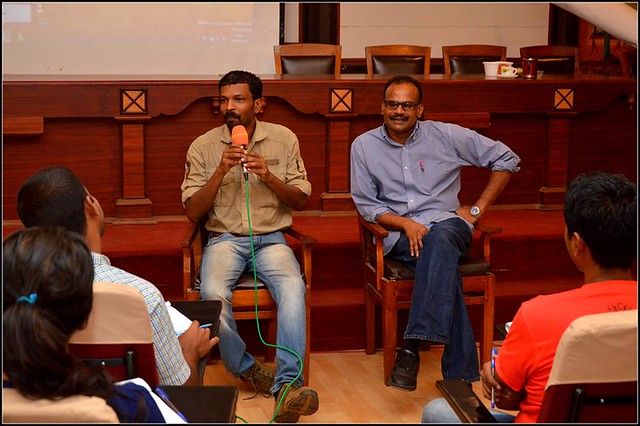
‘Don’t Be Our Fathers’ gives voice to three generations of Peringeel, a marshy land, where Dalits were evicted by feudal lords. It narrates the experiences of ‘untouchables,’ who were practically the slaves of feudal powers, raised crops that filled the barns of the upper castes. “We cultivated for them and they turned our patrons and now try to be our owners. In fact, they should be our slaves as we feed them by farming,” says Bapputty, one of the natives of Peringeel, in the documentary.
The documentary also brings the hypocrisy of Marxists and secular liberals in addressing the casteism to the light.
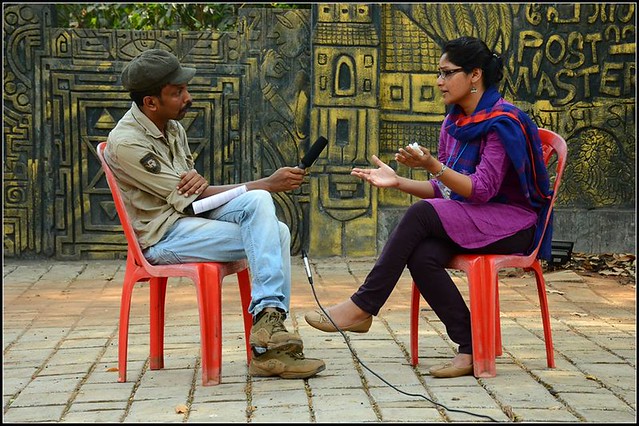
“We will fill your barns no more. We won’t shout Zindabaad for you,” say the lyrics of a song in the last part of the documentary referring to how the upper-caste Left ‘comrades’ hindered the liberation of Dalits.
In addition to ‘Don’t Be Our Fathers’, as a director Rupesh has added five documentaries to his credit: Underworld Memories Of Untouchables; Love Stories In Black Letters; By The Side Of A River; Sabitha- A Woman and a Day and Once Upon A Time in An Ocean.
Underworld Memories Of Untouchables’ is the account of the memories of his grandparents, who came through various hardships as untouchables. “I felt that we were losing an era of experience. So that I wanted to record their experiences,” he says. While Love Stories in Black Letters narrates the crisis related to inter caste marriage, By The Side of A River briefs the blatant discrimination towards the lower castes even in the cultural and arts spheres of Kerala.
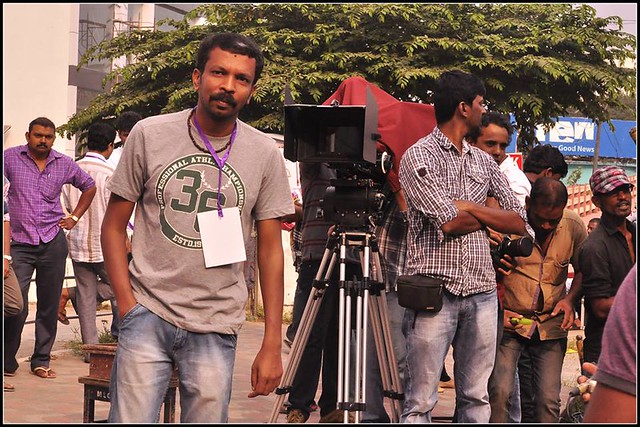
Sabitha; a Woman and A Day and Once Upon a Time in an Ocean shed light to life of a tribal girl in Wayanad and the issues of fishermen community and their politics.
An advocate of Dalit-Muslim political unity, Rupesh says that the two communities need to join hands against Brahmanism. “Muslims are also the victims of otherization. Getting a chance to participate in programmes by Muslim organisations gives me a lot of pleasure,” he says. He appeals to Muslims to address the casteism, which has got strong roots within the community.
Rupesh, who is married and has a child, is about to complete his first novel and script for a mainstream commercial film. “Through all these initiatives, my goal remains the same: to take on casteism in all its forms,” he says.
Related:

